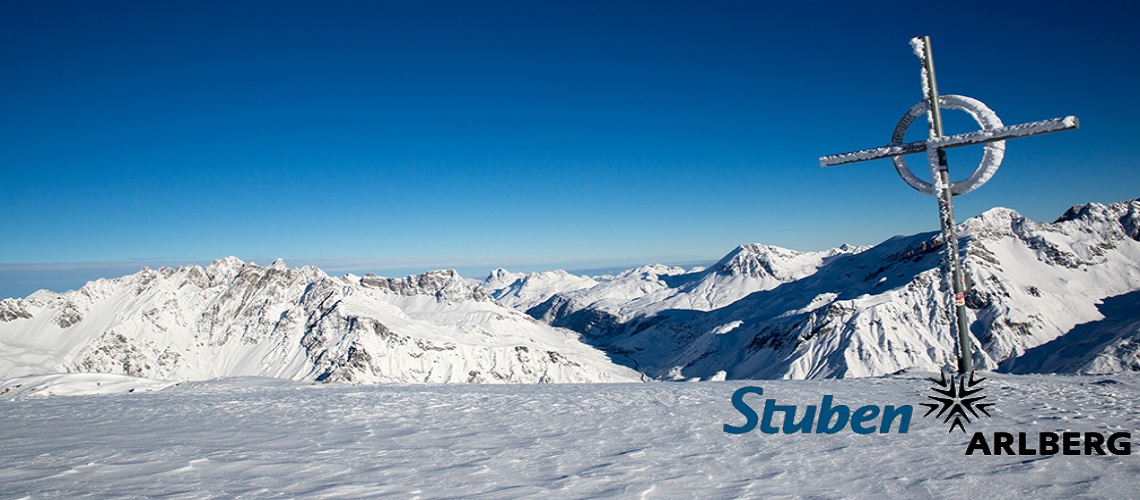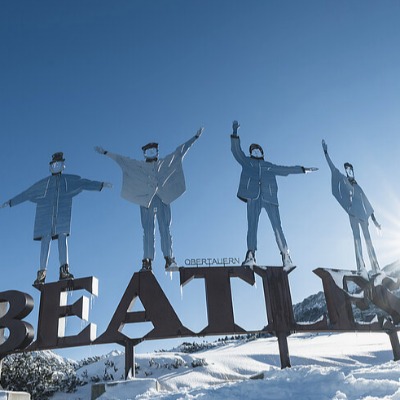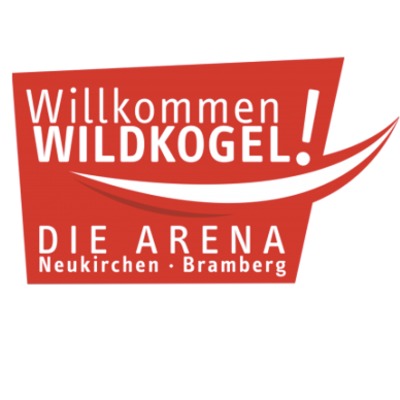Winter Conference In Stuben am Arlberg

Top-class experts and media representatives discussed the future success factors of Austrian tourism in the wonderful boutique hotel Mondschein, as well as in other gastronomic highlights of the Arlberg.
While panelist Joschi Walch ("Rote Wand," Zug am Arlberg) claims to have observed that repeat visitors, unsettled by global developments, are no longer able to use Arlberg ski days for home office work as often, the participants of the Chamber of Commerce's tourism symposium enjoyed their "workation" all the more. The Arlberg was in absolute late form. From the first, still challenging Albona descent in the morning to the exhilarating glide through the spectacular landscape of the Zürser Täli to the completion of the White Ring on the Rüfi and Trittkopf peaks.
But there was still enough time to focus on serious topics indoors. Robert Seeber, Chairman of the Austrian Chamber of Commerce (WKÖ), and Karlheinz Kopf, President of the Vorarlberg Chamber of Commerce, agreed that, in addition to Austria's unique nature, cuisine, and traditions, ongoing innovation and research are needed, but above all, motivated entrepreneurs and employees are needed to remain internationally competitive. Seeber: "We must systematically further develop our qualities as a tourism destination. The future lies particularly in sustainable, high-quality tourism."
To this end, it is also important to remove bureaucratic obstacles and quickly implement the tourism measures envisaged in the government program, said the tourism chairman. In particular, adjusting depreciation periods to the useful life, the possibility of increasing equity, raising the disposal allowance for business transfers, and increasing the seasonal worker quota are on his wish list.
According to the federal sector chairman, the peak overnight stay figures for 2024 and the positive performance of the winter season so far should not obscure the fact that the increased energy, goods, and personnel costs could only be partially passed on to guests. According to a recent market survey, 40% of businesses were unable to pass on these costs at all or only minimally. This trend was also confirmed by Oliver Fritz from WIFO at the symposium at the Hotel Mondschein in Stuben. According to Fritz, attractive events, concerts, major events, congresses, and business meetings are also a key factor for successful tourism. When assessing value creation, special attention should also be paid to upstream and downstream sectors as well as regional value creation. The involvement and persuasion of the population is also important in order to ensure the necessary acceptance of tourism. This is part of social sustainability, emphasized Prof. Eva Brucker, Salzburg University of Applied Sciences, in her presentation. After all, Austria ranks third worldwide in the Sustainable Travel Index according to Euromonitor.
Glacier researcher and Austrian Scientist of the Year 2023, Andrea Fischer, encouraged an open approach to climate change. At the WKO seminar, the glaciologist called, among other things, artificial snowmaking "the first success story among climate change adaptation measures." She did not want to downplay the importance of climate-friendly behavior, but also warned against expecting short-term successes. The climate, she said, is a sluggish tanker that is not easily deflected from its course. The current melting of glaciers, like the rise in temperature, is attributable to about three-quarters of humanity. She already considers the disappearance of glaciers in our latitudes an irrefutable fact. Nevertheless, she warned against alarmism that winter tourism could soon be history: "Even in 2100, we will still be able to ski in the Alps at altitudes above 1,800 or 2,000 meters."













